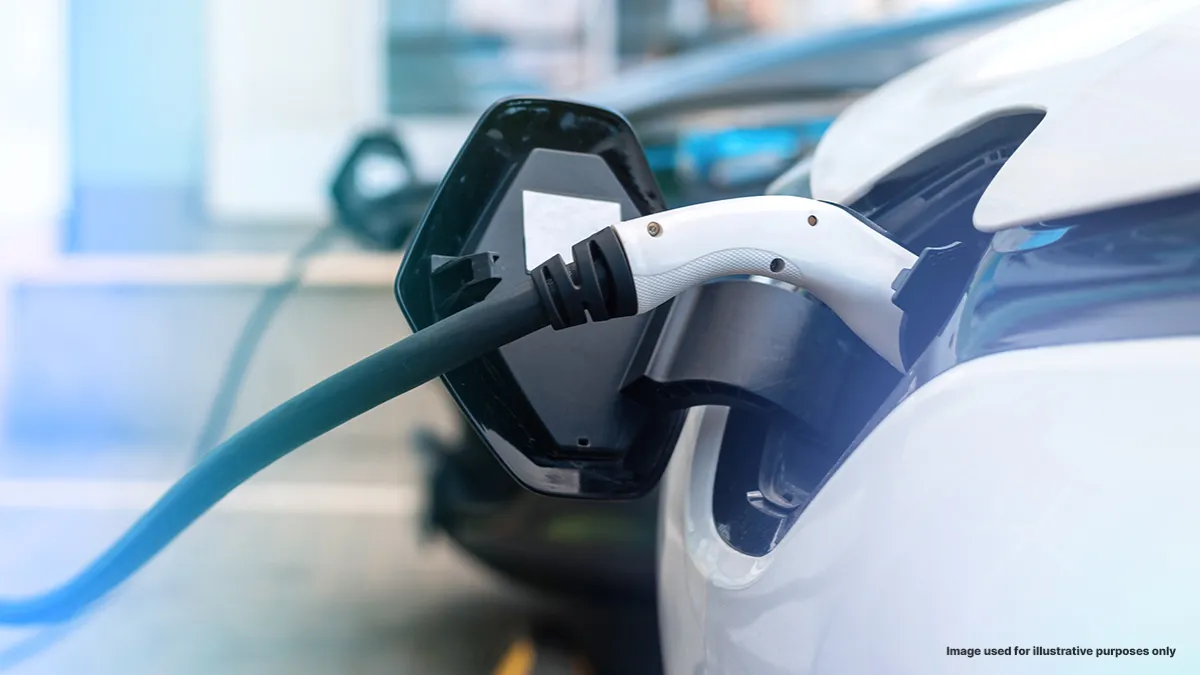Unified Energy Interface, a collaborative effort by 20 energy companies, aims to ensure that EV drivers can easily access charging infrastructure
22 Apr 2024
News
Twenty energy firms, including ChargeZone, Pulse Energy, Kazam, Sheru, Trinity, and Turbo, are working together to build the Unified Energy Interface (UEI), an open energy network that enables smooth payment and transaction interoperability for electric vehicle (EV) charging.
Regardless of the manufacturer or charging network of the car, this initiative—which is modeled after the Unified Payments Interface, or API—aims to guarantee that electric vehicle (EV) drivers may readily access charging infrastructure.
Prominent research institutions and think tanks focused on public policy, like the World Resources Institute and the Rocky Mountain Institute, provide advice to the consortium.
The Department of Science and Technology has endorsed the UEI, as stated in their most recent e-Mobility White Paper. UEI is supported by the open-sourced Beckn protocol, which is Made in India and allows for a variety of open networks.
UEI is anticipated to increase significantly when additional business-to-consumer (B2C) apps join the network. Its purpose is to improve the efficiency of energy transactions. Members of the consortium report that the network has already enabled 1.4GWh of energy transactions and is expected to grow 100 times over.
A major step towards a green energy revolution, it will also enable peer-to-peer trade of green electricity, permitting payments directly between peers.
Customers will profit from the UEI since it eliminates the need for numerous access cards or accounts and lets them find, pay for, and charge at any member company's charging station using a single, unified system. This stimulates competition and creativity among charging point operators in addition to streamlining the charging process.
The alliance was established as a non-profit organization to oversee low infrastructure expenses, which will be distributed evenly among all members. Through ongoing technical innovation and governance, the UEI's technical foundation is made to be both scalable and flexible in response to changing market demands.
The framework is essential since it seeks to smoothly integrate both new and current members, increasing the network's influence and scope.
